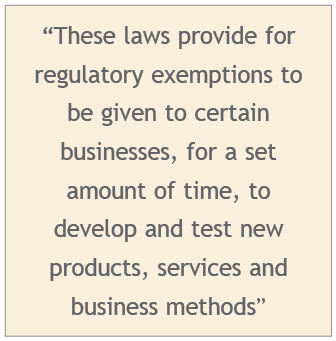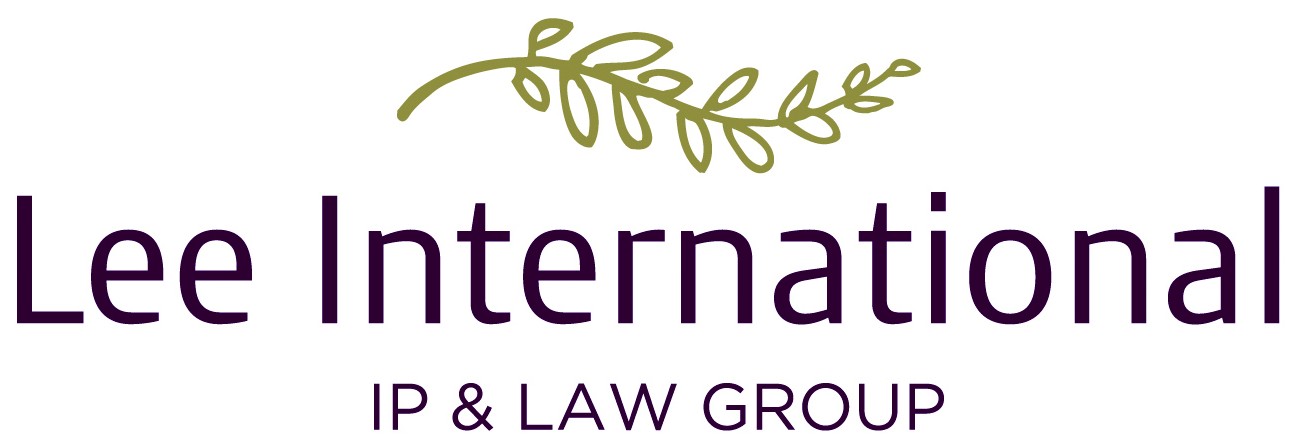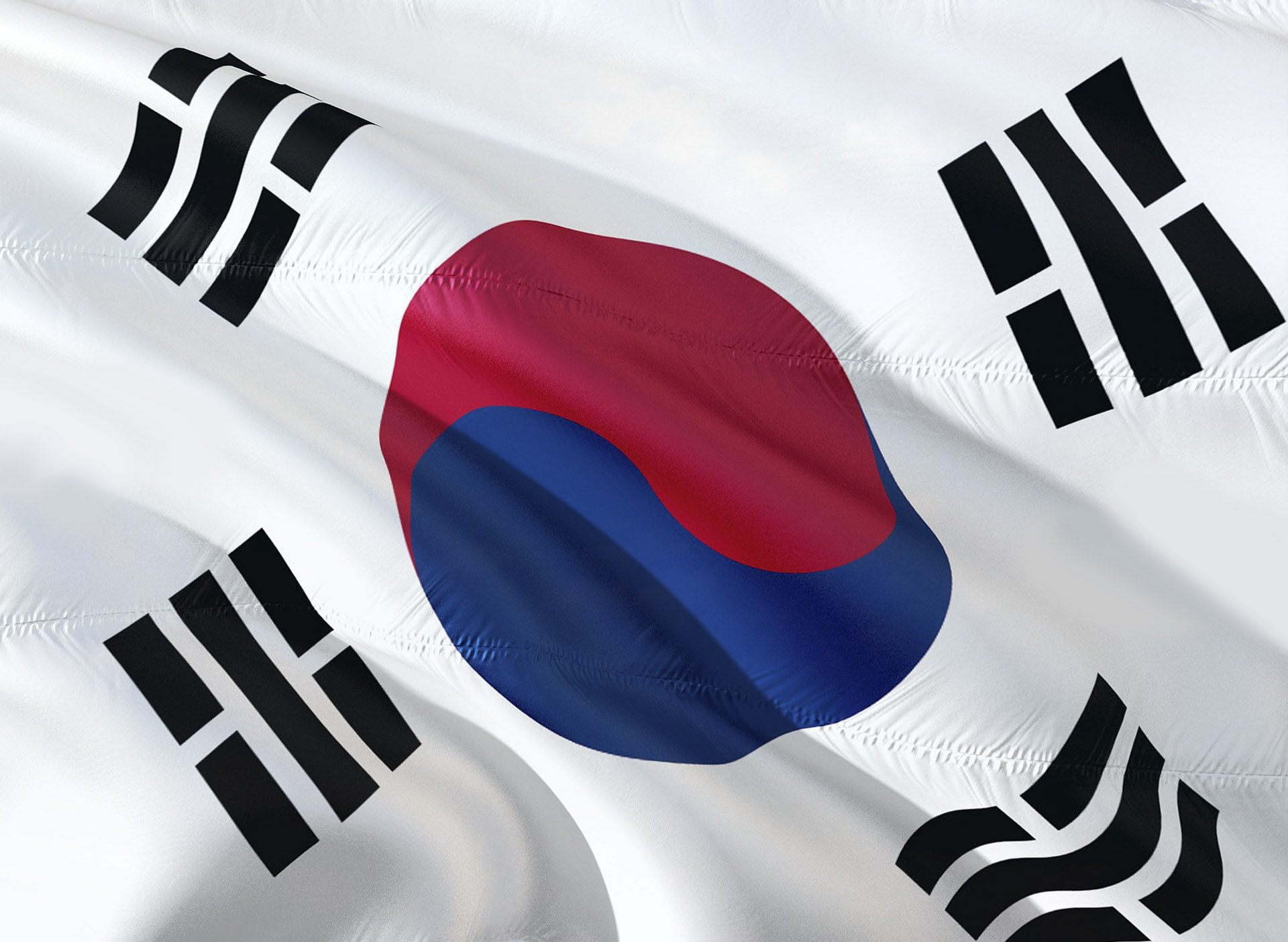 By Kurt B Gerstner, Lee International
By Kurt B Gerstner, Lee International
Domestic Korean business organisations and foreign chambers of commerce have repeatedly complained about the highly regulated business environment in Korea. While recognising the need to protect the public, these business organisations have criticised what they have perceived as an overregulation policy that goes well beyond what is reasonably necessary. Even the new Korean government administration has taken note of the regulatory obstacles that are delaying the development of new markets and commercialisation of new technologies. President Moon Jae-In is reported to have stressed the need to relax the very restrictive regulatory environment to promote innovation and encourage the creation of new industries and new jobs.
In furtherance of this goal, late last year the Korean National Assembly passed a number of regulatory “sandbox” laws that are designed to exempt businesses from certain regulations, to enable them to more quickly adopt and commercialise new technologies and business models in Korea. These laws provide for regulatory exemptions to be given to certain businesses, for a set amount of time, to develop and test new products, services and business methods. The system is referred to as a “sandbox” because it gives companies the freedom to open their minds to new ideas and to test them, like children playing in a sandbox. This regulatory sandbox system will be available in Korea for at least two years and may be extended for an additional year.
Companies wishing to take advantage of this change in the law will need to apply with the government, specifying the intended products, services and/or business methods they wish to develop. After receiving the applications, they will be reviewed by committees within the appropriate government regulatory bodies. Those regulatory bodies are supposed to inform the applicants within certain periods whether the applicants’ proposed ideas will conflict with existing regulations. If there is a conflict, the government now has the ability, if appropriate, to provide exemptions to enable the businesses to proceed. In some cases, the government may impose certain conditions along with the exemptions. These could include requirements to purchase insurance and to accept liability in the event that the new businesses cause harm to others. But the overall goal is to relax the more rigid regulations and provide pathways that will enable innovative business ideas to move forward without a lengthy regulatory delay.

The regulatory sandbox system is intended to cover a wide array of products and services and it is not restricted to small and medium-sized companies and enterprises. Large companies also can take advantage of this opportunity. Some of the companies that have reportedly already applied and been approved for new ventures under this program include: Hyundai Motors for the installation of hydrogen fuel charging stations in Seoul; Macrogen, to enable it to provide genetic testing for a broad spectrum of diseases; JG Industry for installing LCD and LED advertising panels on buses; Charzin for installing electric charging stations; KB Kookmin Bank for providing finance-telecom products; Directional for offering a blockchain–based P2P stock lending platform for certain investors.
Given the government’s current high level of interest in creating new jobs and growing the economy, there is significant incentive for the regulatory authorities that will be reviewing regulatory sandbox applications to approve those applications. Indeed, Korea’s Financial Services Commission recently announced that it had approved nine fintech service providers as the initial participants in its newly established fintech regulatory sandbox and it was expecting to approve quite a few more in the near future.
Consequently, companies that have been considering developing new products and services, or entering new types of markets in Korea, but have been concerned because of clear regulatory hurdles or ambiguous regulations that may pose obstacles, should strongly consider applying now for regulatory sandbox exemptions. There may be no better opportunity than there is at the present time.

E: kgerstner@leeinternational.com
T: 82 2 2262 6078
F: 82 2 2279 5020


